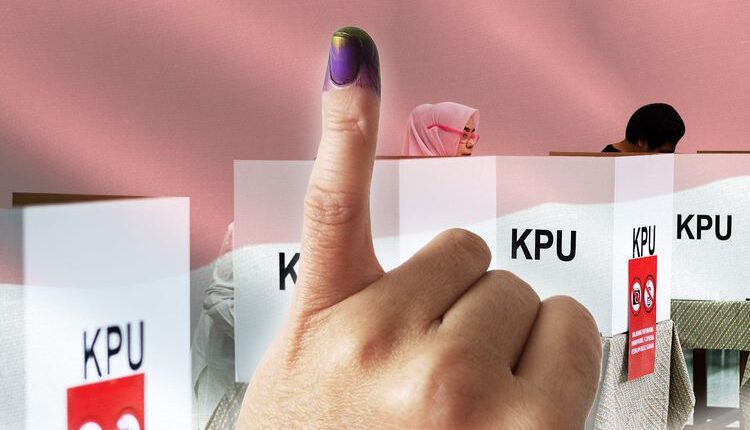People Need to Obey the Constitutional Court’s Decision on the Election System Decision
By: Dina Kahyang Putri )*
The whole community should be able to continue to fully support and also accept any decisions issued by the Constitutional Court regarding the election system in the country in the future, because surely the Government and the Constitutional Court have the best arguments for the future of the nation. Moreover, whether implementing an open or closed proportional system, both have their own advantages and disadvantages.
The Constitutional Court (MK) will hold a hearing to pronounce the verdict on the judicial review lawsuit regarding the open proportional General Election (Election) system which has previously been regulated and stipulated in the Election Law (UU). It is known that the implementation of the pronouncement of the decision will be on Thursday, 15 June 2023.
Regarding this matter, MK Spokesman (spokesperson) Fajar Laksono revealed that his party had sent a trial schedule to the Government of the Republic of Indonesia (RI), the People’s Representative Council (DPR RI) and also to several other related parties in the lawsuit.
For information, that in the judicial review case regarding the open proportional election system, namely case 114, all of which have been scheduled for the pronouncement of Thursday’s decision at 09:30 Western Indonesian Time (WIB), which took place in the Plenary Session Room.
It cannot be denied that the settlement of case Number 114/PUU-XX/2022 took quite a long time. However, the Constitutional Court did not delay the settlement of the case at all, the article was that the case was completed on May 31 with an agenda for conveying conclusions from the parties. Then afterwards, the MK Judges conducted in-depth examination and also held a deliberation meeting to make a decision.
It should also be noted that the open proportional election system which had previously been regulated in the General Election Law was challenged to the Constitutional Court by a number of people, some of whom came from political parties (political parties).
They challenged the implementation of open proportional elections and proposed the existence of a closed proportional system, which made voters no longer able to directly vote for candidates for legislative members, because voters could only vote for political parties, so that political parties would have full control to determine who would vote. sitting in parliament.
With regards to whatever decision was read out by the Constitutional Court on Thursday regarding how the election system will be implemented in Indonesia in the future, all political parties and also all people in the country must accept whatever the decision is, whether it is decided that the election system will use open proportional or closed proportional.
Deputy Regent of Garut, Helmi Budiman conveyed this appeal, because according to him in fact all of the decisions, whether using open proportional or closed proportional, actually each had good arguments. Of course, the Constitutional Court and also the Government of Indonesia will decide whatever is best for the future of the nation.
It cannot be denied that the two election systems have their own advantages and disadvantages. For example, by implementing an open proportional general election system, the advantage is that the people can choose for themselves which figures will sit in the parliament chair.
Thus, legislative candidates (caleg) are not only those who are fostered and educated by their political parties, but apart from that, there are actually many candidates whose personalities in society are considered very qualified and able to become mouthpieces for society to convey their aspirations.
In other words, if you use an open proportional election system, you will be better able to make these candidates qualified, whether they are old figures in the party or for example new people but are considered by the people to be very worthy.
However, the drawback of implementing an open proportional election system is that there is a lot of potential for money politics to occur, which will eventually undermine the democratic system in force in Indonesia and reduce the quality of the people’s representatives.
Therefore, one solution is to implement a closed proportional election system that allows political parties to determine their best cadres, who must have previously been educated and trained in such a way, have undergone cadre education to be able to sit as people’s representatives.
When political parties’ education is maximized to galvanize their cadres and prepare their cadres so they can sit in parliament seats, then they can work ideologically and are able to bridge the interests of the community, because if they still use open proportionality, then people’s representatives only focus and think about the village or sub-district only, not thinking about society in general.
Because the two election systems, whether using open or closed proportional, both have their own advantages and disadvantages. So of course the best arguments must have been prepared by the Constitutional Court and the Government for the sake of sustainability for the good of the nation in the future. So that all people in Indonesia should still fully support and accept whatever decision the Constitutional Court makes regarding this election system.
)* The author is a contributor to Persada Institute
